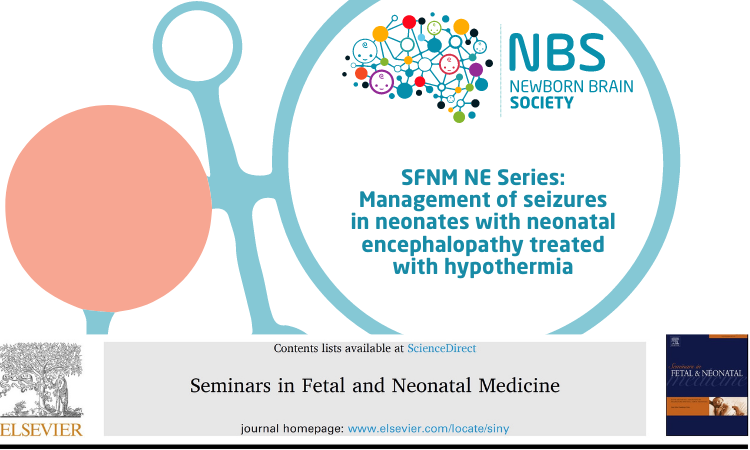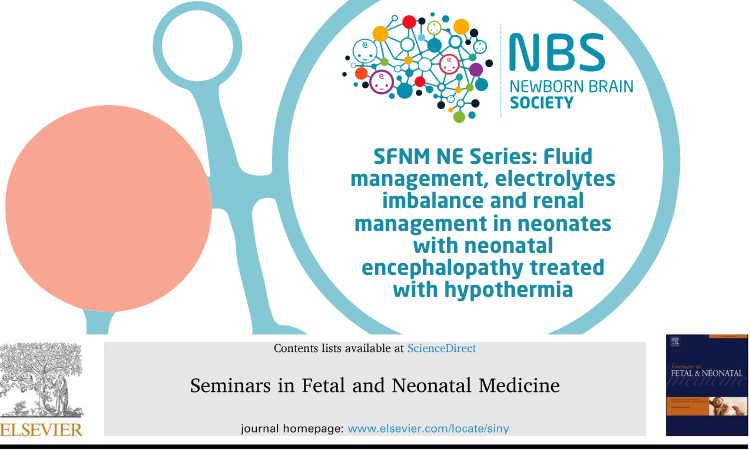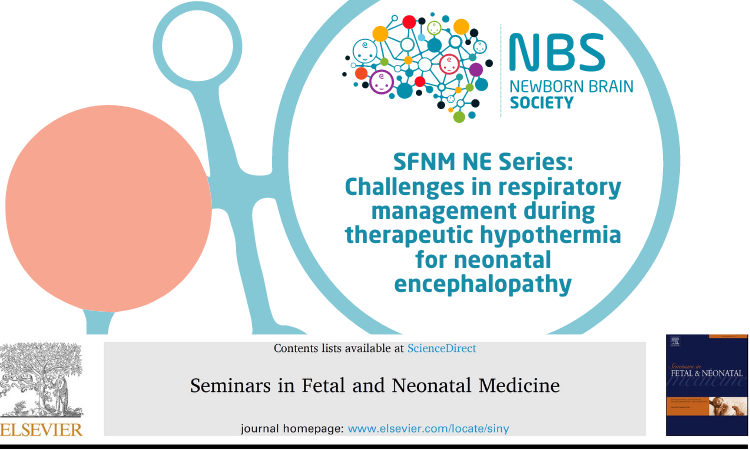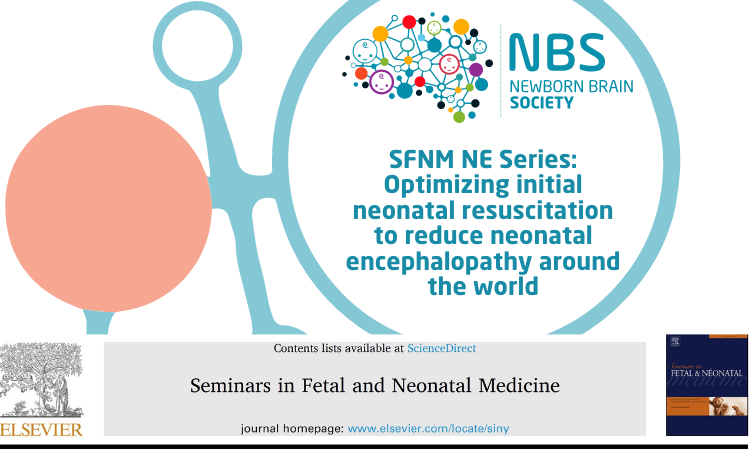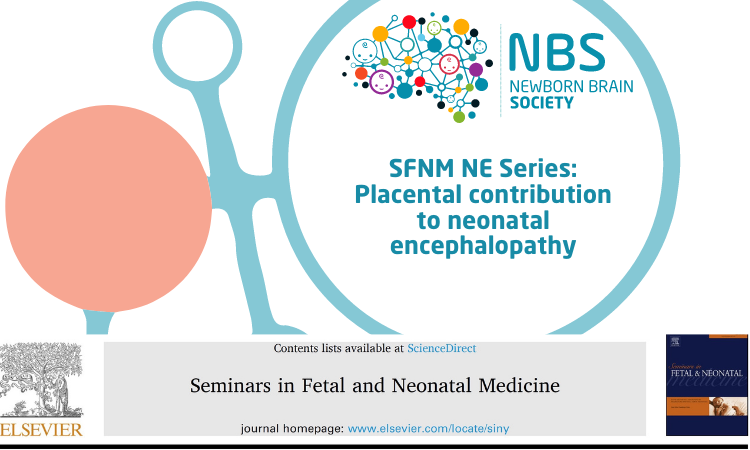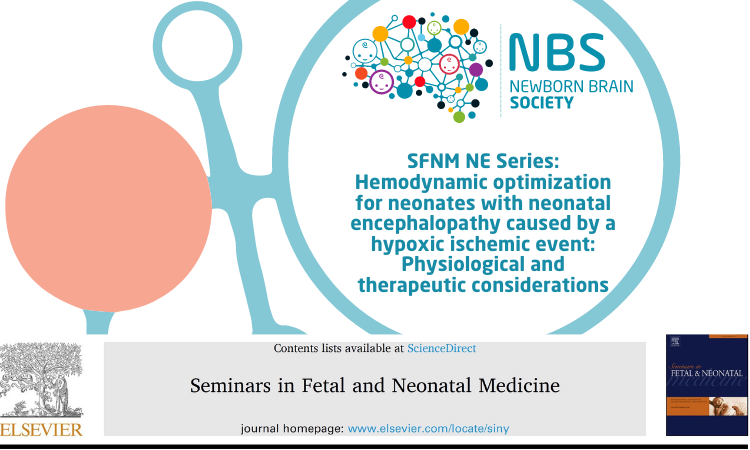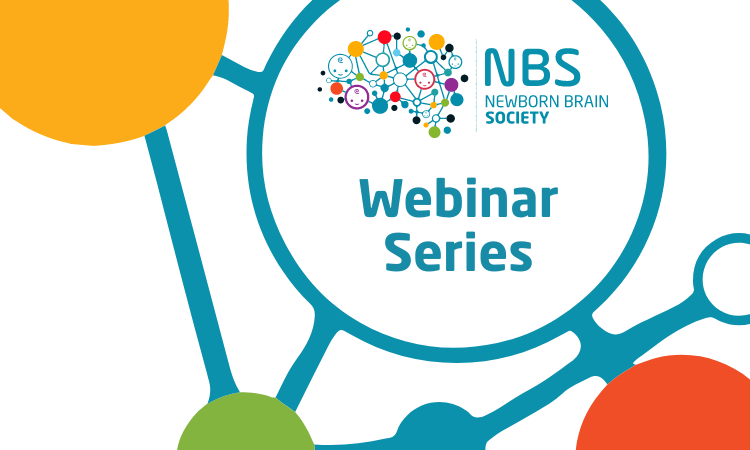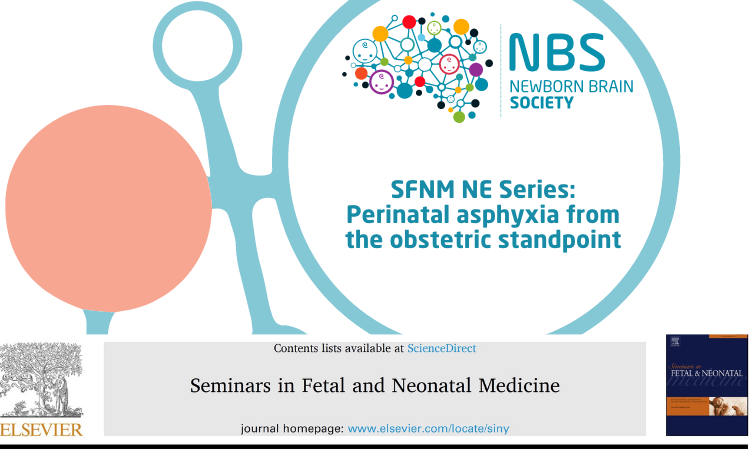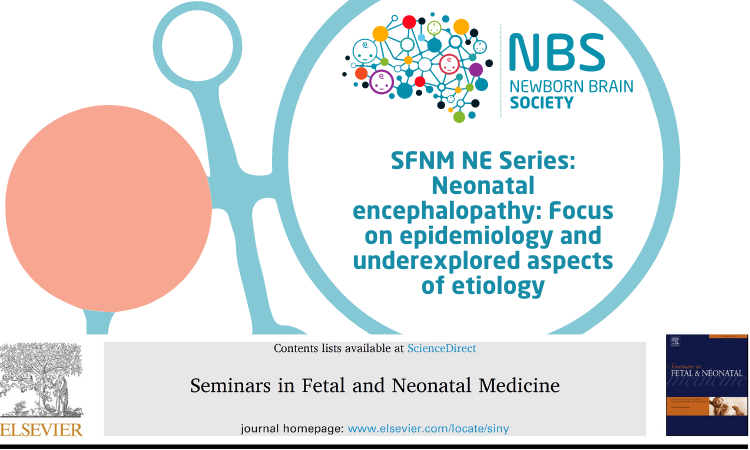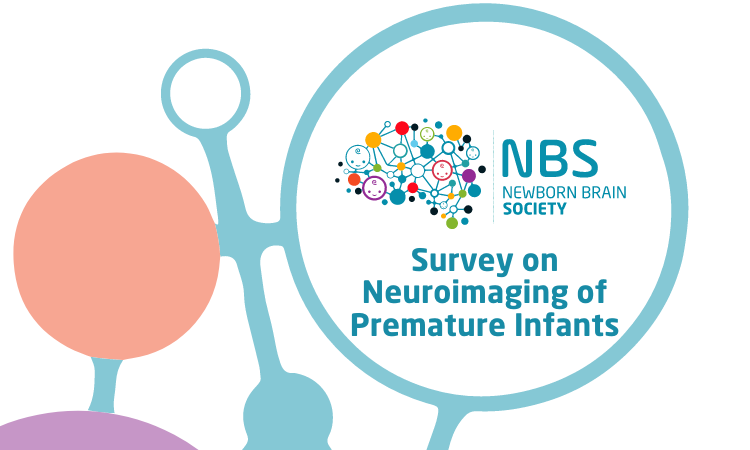SFNM NE Series: Management of seizures in neonates with neonatal encephalopathy treated with hypothermia
Practice Points: The new International League Against Epilepsy (ILAE) classification of seizures and epilepsies for neonates underscores that the diagnosis of seizures in the neonate relies on an EEG correlate. Stereotyped clinical events without an associated ictal rhythm on EEG are no longer to be treated or diagnosed as neonatal seizures. Neonates with […]
Practice Points: The new International League Against Epilepsy (ILAE) classification of seizures and epilepsies for neonates underscores that the diagnosis of seizures in the neonate relies on an EEG correlate. Stereotyped clinical events without an associated ictal rhythm on EEG are no longer to be treated or diagnosed as neonatal seizures. Neonates with

